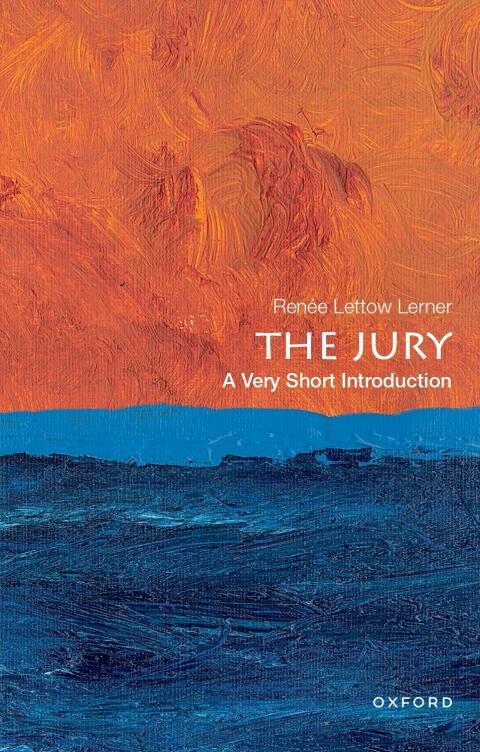
The Jury: A Very Short Introduction
还没有评分
格式
Kindle
页数
175
语言
英语
已发布
Jan 1, 2023
出版商
Oxford University Press
版本
2
ISBN-10
0190923938
ISBN-13
9780190923938
描述
Renee Lettow Lerner explores the pivotal role of juries across various cultures throughout history. From the early days of ancient Athens, where democracy began to take shape, to contemporary legal systems in Asia, the narrative weaves together the evolution of jury trials and their significance in administering justice. Lerner highlights the differences in how various societies have integrated juries into their legal frameworks, offering a comparative lens that enriches the reader's understanding.
Delving into the principles that underpin jury service, the narrative emphasizes the tension between the ideal of impartiality and the realities of human bias. Lerner examines how juries act as a check on governmental power, thereby reinforcing democratic ideals, while also contemplating the challenges and criticisms associated with jury trials. These insights provoke thoughtful reflection on the reliability and effectiveness of juries in modern legal contexts.
Throughout the discussion, Lerner's analysis is both accessible and thought-provoking, encouraging readers to consider the jury's place in not just the courtroom, but also within the fabric of society. The book serves as a concise yet comprehensive introduction to a fundamental aspect of judicial systems that has persisted through time, inviting fresh perspectives on its future relevance and function. It is a valuable resource for anyone interested in law, history, or the ongoing discourse about justice.
Delving into the principles that underpin jury service, the narrative emphasizes the tension between the ideal of impartiality and the realities of human bias. Lerner examines how juries act as a check on governmental power, thereby reinforcing democratic ideals, while also contemplating the challenges and criticisms associated with jury trials. These insights provoke thoughtful reflection on the reliability and effectiveness of juries in modern legal contexts.
Throughout the discussion, Lerner's analysis is both accessible and thought-provoking, encouraging readers to consider the jury's place in not just the courtroom, but also within the fabric of society. The book serves as a concise yet comprehensive introduction to a fundamental aspect of judicial systems that has persisted through time, inviting fresh perspectives on its future relevance and function. It is a valuable resource for anyone interested in law, history, or the ongoing discourse about justice.